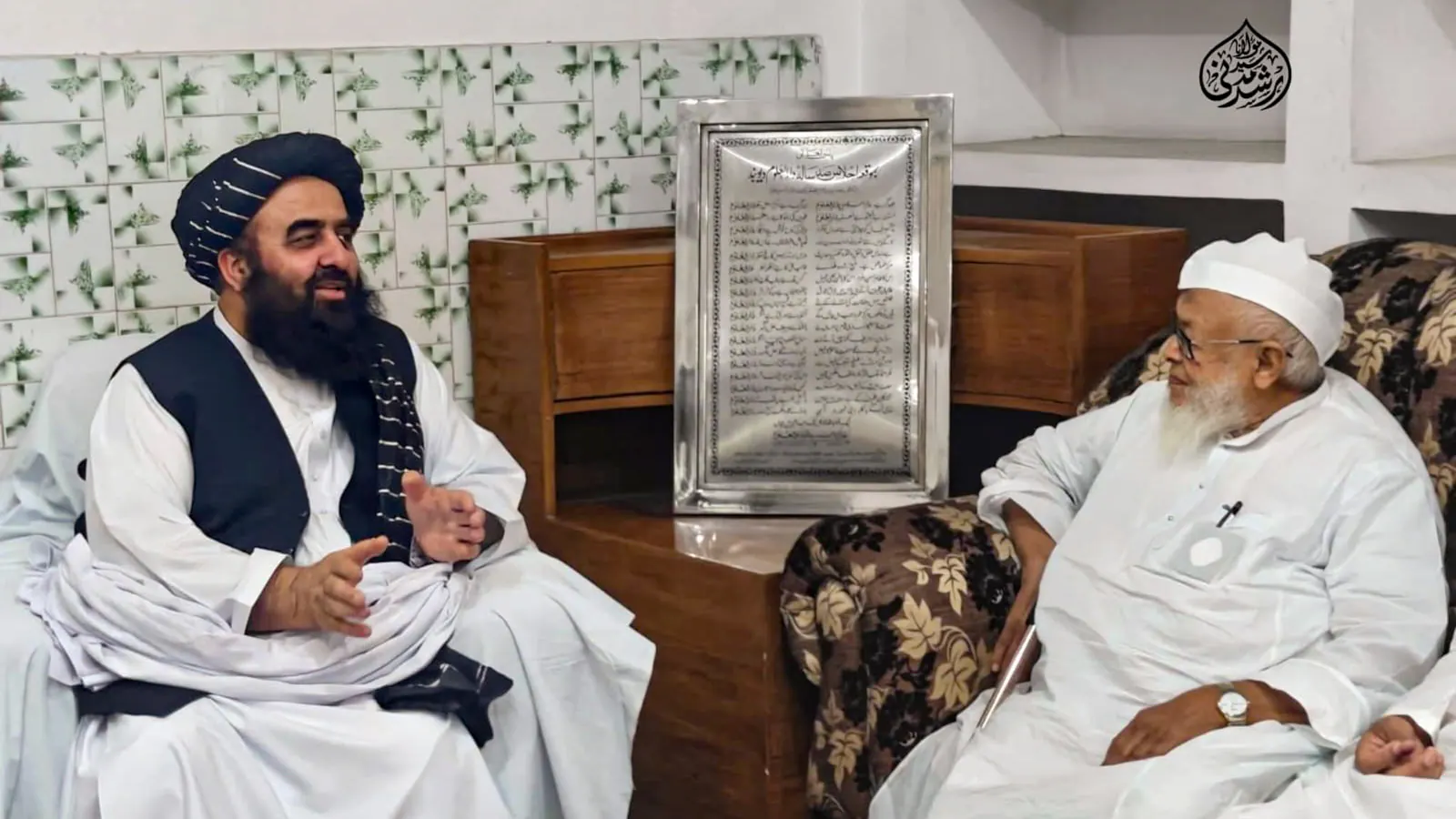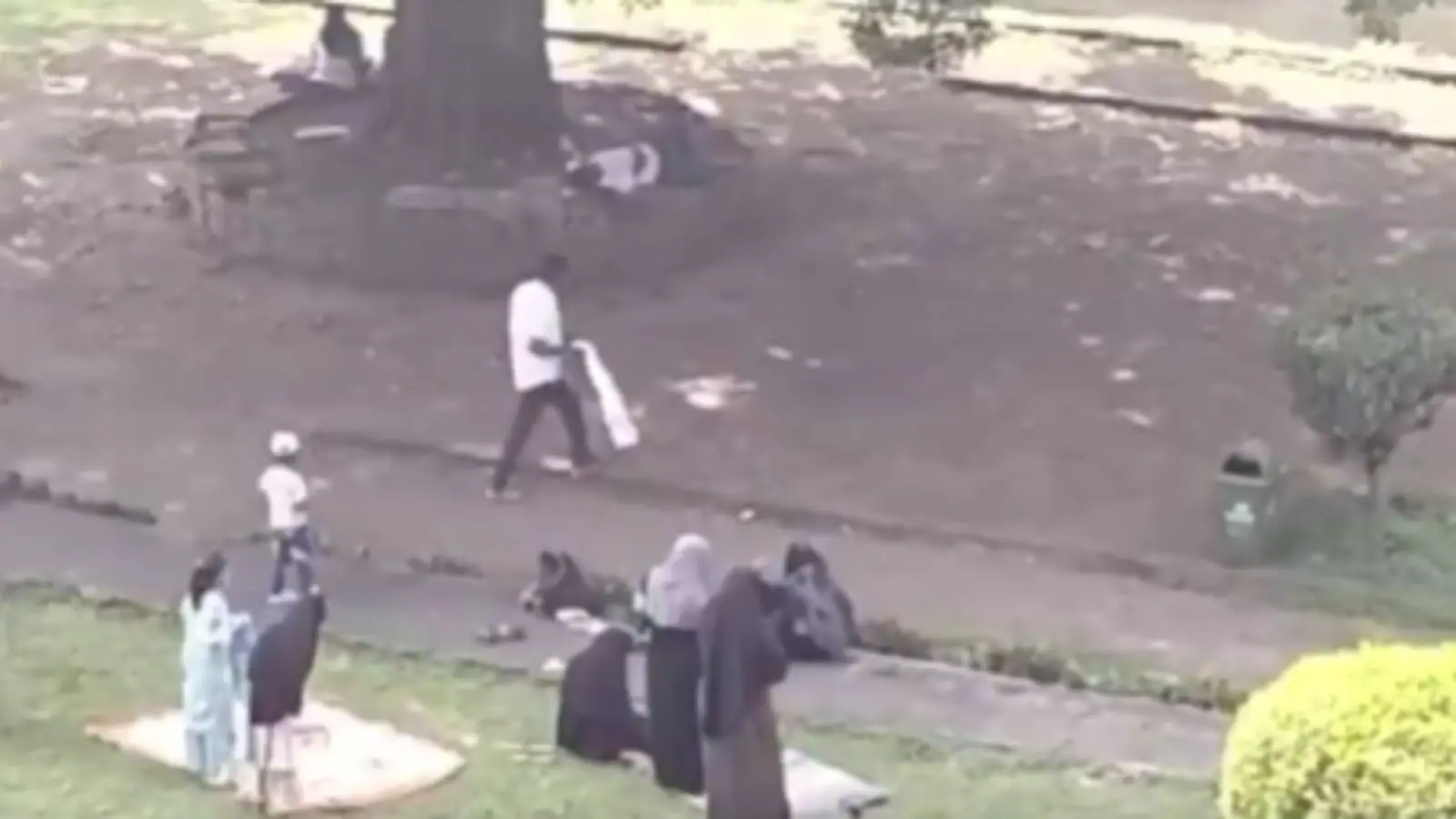Copyright news18

Former Afghanistan Vice President Amrullah Saleh’s Diwali greetings to Indians on Tuesday came with a caveat. “Happy Diwali to all Indians and Hindus across the globe! Wishing you well. Please be mindful of the Deoband madrasa in the meantime,” Saleh posted on X. Saleh’s warning of sorts came days after Amir Khan Muttaqi, the Taliban-led Afghanistan’s Foreign minister, visited the Darul Uloom Deoband seminary in Uttar Pradesh, during his seven-day visit to India. The Deoband Seminary The Darul Uloom Deoband was founded in 1866 in the town of Deoband, Uttar Pradesh, by Islamic scholars such as Maulana Muhammad Qasim Nanautavi and Maulana Rashid Ahmad Gangohi. It emerged in the aftermath of the 1857 Revolt, a time when Muslim scholars sought to preserve Islamic learning and identity following the decline of Mughal authority and the consolidation of British rule. The seminary aimed to revive traditional Islamic scholarship through a structured curriculum known as the Dars-e-Nizami, focusing on Quranic studies, Hadith, jurisprudence, logic, and Arabic grammar, while deliberately maintaining independence from colonial influence. Over time, the Deoband seminary evolved into a major intellectual and reformist movement within South Asian Islam. Deobandi scholars established a network of affiliated madrasas across India and beyond, which helped institutionalise its teachings and sustain a distinct Sunni Islamic identity. In the decades following Partition, the Deobandi ideology spread globally, especially through graduates who migrated or established seminaries in Pakistan, Afghanistan, Bangladesh, and later in the United Kingdom, Africa, and the Middle East. In Afghanistan and Pakistan, elements of the Deobandi tradition intersected with local politics and militancy, leading to complex legacies and interpretations of its teachings. Despite these diverse offshoots, Darul Uloom Deoband continues to project itself as a centre of religious scholarship and moral education, upholding its original mission of nurturing faith and knowledge rooted in classical Islamic learning. Muttaqi’s visit & The Deoband-Taliban Link Earlier this month, Muttaqi made a rare and symbolically charged visit to Darul Uloom Deoband in Uttar Pradesh. His stop at the seminary came while attending the India-hosted religious diplomacy event in New Delhi, marking one of the highest-level Taliban contacts with an Indian religious institution since the group returned to power in 2021. Muttaqi met senior clerics, toured the historic campus, and discussed “religious education and unity among Muslims,” according to reports. The visit drew attention not just for its diplomatic novelty but for what it represented — the Taliban’s attempt to reconnect with the ideological roots that have historically influenced much of their movement. The Deoband seminary’s historical connection to the Taliban lies primarily in shared intellectual lineage rather than direct institutional control. The Taliban’s founders, many of whom studied in Deobandi-influenced madrasas in Pakistan and Afghanistan, were shaped by the movement’s emphasis on conservative Sunni orthodoxy, Sharia-based governance, and opposition to Western cultural dominance. However, over time, the Taliban blended these theological influences with militant and tribal dynamics specific to Afghanistan’s political landscape. While the Taliban trace inspiration from the Deobandi school of thought, Darul Uloom Deoband itself has consistently maintained that it has no formal ties or political alignment with the group and condemns violence in the name of Islam.



